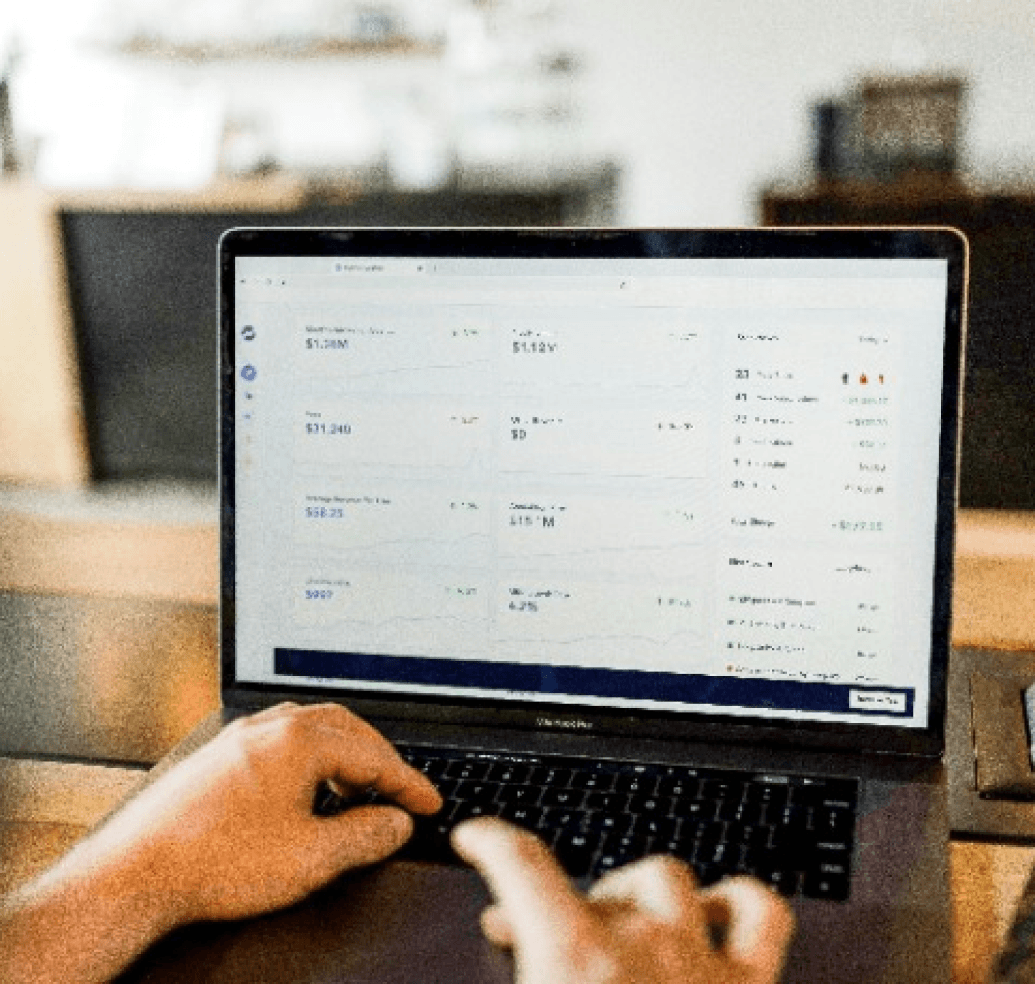Top 5 Tips for Safeguarding Your Digital Assets
Discover essential strategies for securing your digital investments, protecting yourself from cyber threats, and ensuring peace of mind in the evolving world of cryptocurrency.
by
Michael Carter
Security
In today’s digital age, protecting your digital assets has never been more critical. With the rise of decentralized finance (DeFi) and blockchain technology, we’re moving away from centralized structures and into a world where users are in full control. However, this autonomy brings responsibility. Here, we’ll discuss five essential tips to safeguard your digital assets and maintain control over your online presence.
1. Enable Two-Factor Authentication
Adding an extra layer of security through two-factor authentication (2FA) is crucial. While passwords can be stolen or guessed, 2FA requires a secondary verification—often through a mobile device or email. By enabling 2FA, you make it significantly harder for unauthorized individuals to access your accounts.
2. Use Secure Wallets
Choosing the right wallet is key. There are two main types: hot wallets, which are connected to the internet, and cold wallets, which are offline. For day-to-day transactions, hot wallets are convenient, but for long-term storage, cold wallets are much safer. Always do your research to find a wallet that prioritizes security and has a good track record.
3. Educate Yourself on Phishing Scams
Phishing scams are one of the most common methods hackers use to steal your information. These scams often come in the form of fake emails, messages, or websites that seem legitimate. Never click on suspicious links, and always double-check URLs before entering sensitive information. When in doubt, contact the company directly to verify.
4. Regularly Update Software and Firmware
Developers frequently release updates to patch security vulnerabilities, so keeping your wallet, apps, and devices updated is essential. Outdated software is an open door for hackers, so set a reminder to check for updates regularly.
5. Backup Your Private Keys Securely
Your private key is essentially your digital signature—if someone has access to it, they have access to your assets. Store it offline in a secure location, like a physical safe, and never share it with anyone. Many experts recommend using a paper or hardware backup to avoid online threats.
Conclusion
Taking charge of your digital security may seem overwhelming, but these basic steps can go a long way in keeping your assets safe. Remember, in the world of decentralized finance, your security is your responsibility. Stay proactive, stay informed, and safeguard your digital assets effectively.








